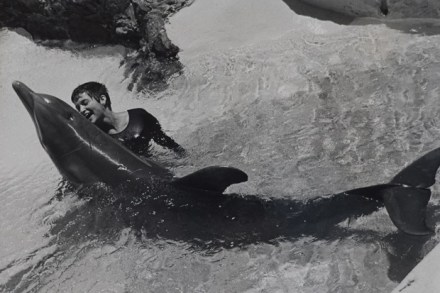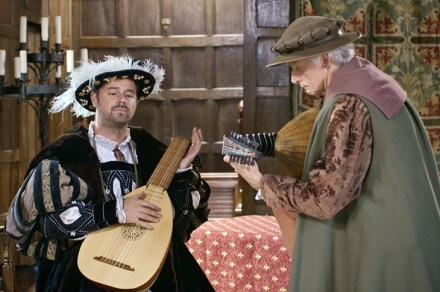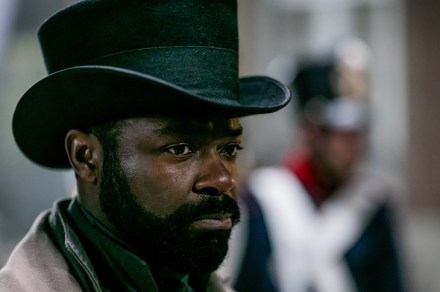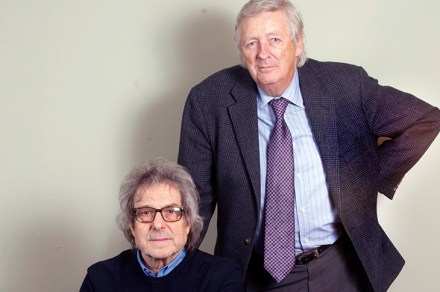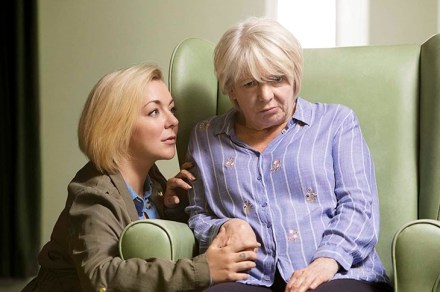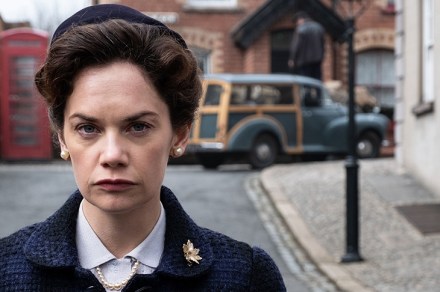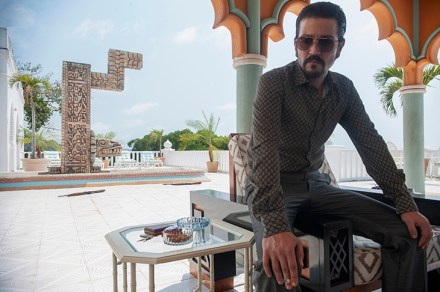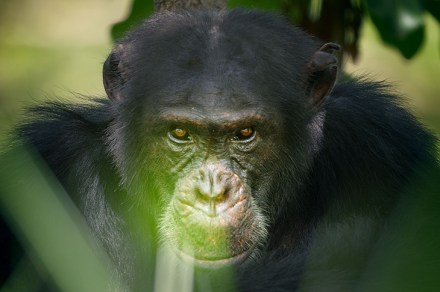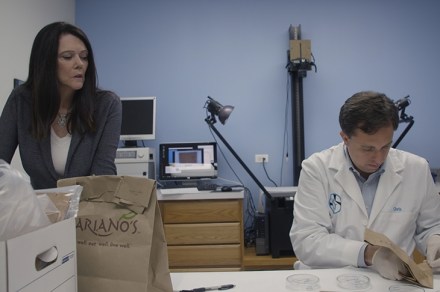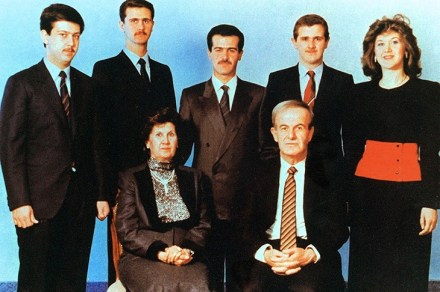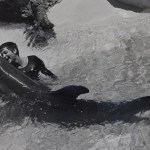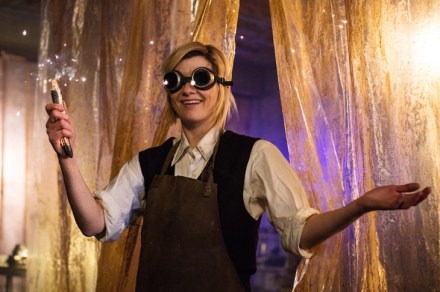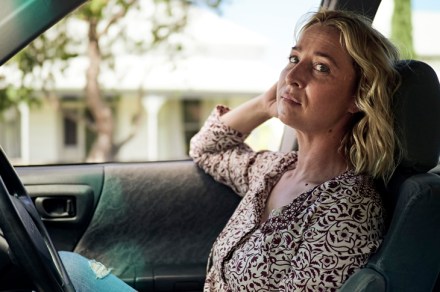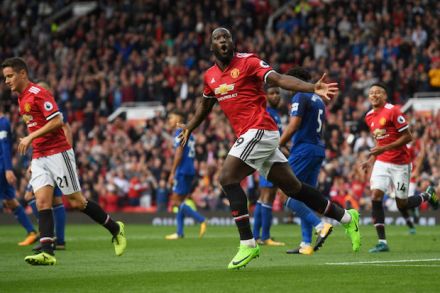Relative values | 31 January 2019
Boy often likes to rebuke me for having impossibly high standards when it comes to TV. ‘Why can’t you just enjoy it?’ he says. This is disappointing. One reason I ruined myself to give him an expensive education is so I wouldn’t have to share my viewing couch with a drooling moron happy to gawp at any old crap. Worse, whenever I try to draw his attention to stuff I consider to be extra specially worth watching — Fauda, Babylon Berlin, etc. — he rejects it because it has been tainted by my recommendation. So the next brilliant thing he won’t get to see is Gomorrah (Sky). This relentlessly dour
